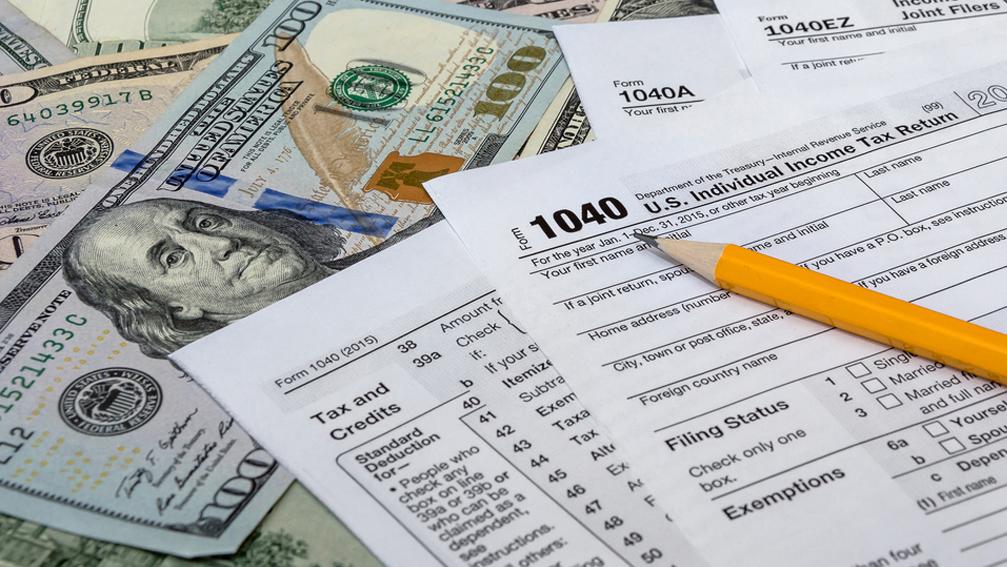Schumer, Sanders seek to rein in corporate share buybacks
Two U.S. senators are seeking to reign in the ability of corporations to buy back their own stock from investors, a practice that has become more controversial after top companies laid off workers while simultaenously using savings from the GOP-led tax law for share repurchases.
Senate Minority Leader Chuck Schumer, D-N.Y., and Sen. Bernie Sanders, a Vermont independent who caucuses with Democrats, on Monday said they will push legislation to require U.S. businesses to, among other things, raise minimum wages, provide workers more robust health care coverage and offer better retirement benefits before they can buy back shares.
The bill comes as top Democrats increasingly come out in favor of new, progressive measures that seek to redistribute wealth and put increased tax burdens on America's richest citizens. In an op-ed in the New York Times, Schumer and Sanders said the “time is long overdue for us to create an economy that works for all Americans, not just the people on the top.”
“Americans should be outraged that these profitable corporations are laying off workers while spending billions of dollars to boost their stock’s value to further enrich the wealthy few,” the senators wrote.
U.S. corporations spend billions each year to repurchase stock from investors who ultimately own the company. Criticism of the practice, however, has heightened in recent months after the new tax law cut the corporate tax rate down to 21 percent.
Facebook, AbbVie and Lowe’s are among the firms that helped contribute to a record $200 billion spent by corporate American on stock buybacks in the third quarter of 2018.
“If corporations continue to purchase their own stock at this rate, income disparities will continue to grow, productivity will suffer, the long-term strength of companies will diminish — and the American worker will fall further behind,” Schumer and Sanders argued.
Republicans touted the tax measure as one that would benefit workers. While several companies -- like American Airlines, AT&T and FedEx -- issued one-time bonuses or increased retirement contributions, others also announced layoffs.
| Ticker | Security | Last | Change | Change % |
|---|---|---|---|---|
| WMT | WALMART INC. | 131.18 | +4.24 | +3.34% |
| FB | PROSHARES TRUST S&P 500 DYNAMIC BUFFER ETF | 42.42 | +0.35 | +0.84% |
| ABBV | ABBVIE INC. | 223.43 | +4.41 | +2.01% |
| LOW | LOWE'S COMPANIES INC. | 278.38 | +3.49 | +1.27% |
| FDX | FEDEX CORP. | 369.23 | +5.27 | +1.45% |
| AAL | AMERICAN AIRLINES GROUP INC. | 15.24 | +1.08 | +7.63% |
| T | AT&T INC. | 27.13 | -0.18 | -0.66% |
Walmart, for example, said in 2018 it would provide a one-time cash bonus of as much as $1,000 to qualified employees and raise its minimum wage to $11 per hour as a result of the tax law.
The world’s largest retailer – which in 2017 launched a $15 billion share repurchase program -- later announced it would close 63 Sam’s Club stores, affecting as many as 9,400 employees. Net sales at the membership-only chain grew 3.2 percent in fiscal year 2018 to $59.2 billion, while profits fell 41.2 percent to $1 billion.
CLICK HERE TO GET THE FOX BUSINESS APP
Using a portion of the money directed to stock buybacks, Walmart “could have raised hourly wages of every single Walmart employee to $15,” Schumer and Sanders wrote, citing a study by the Roosevelt Institute.




















